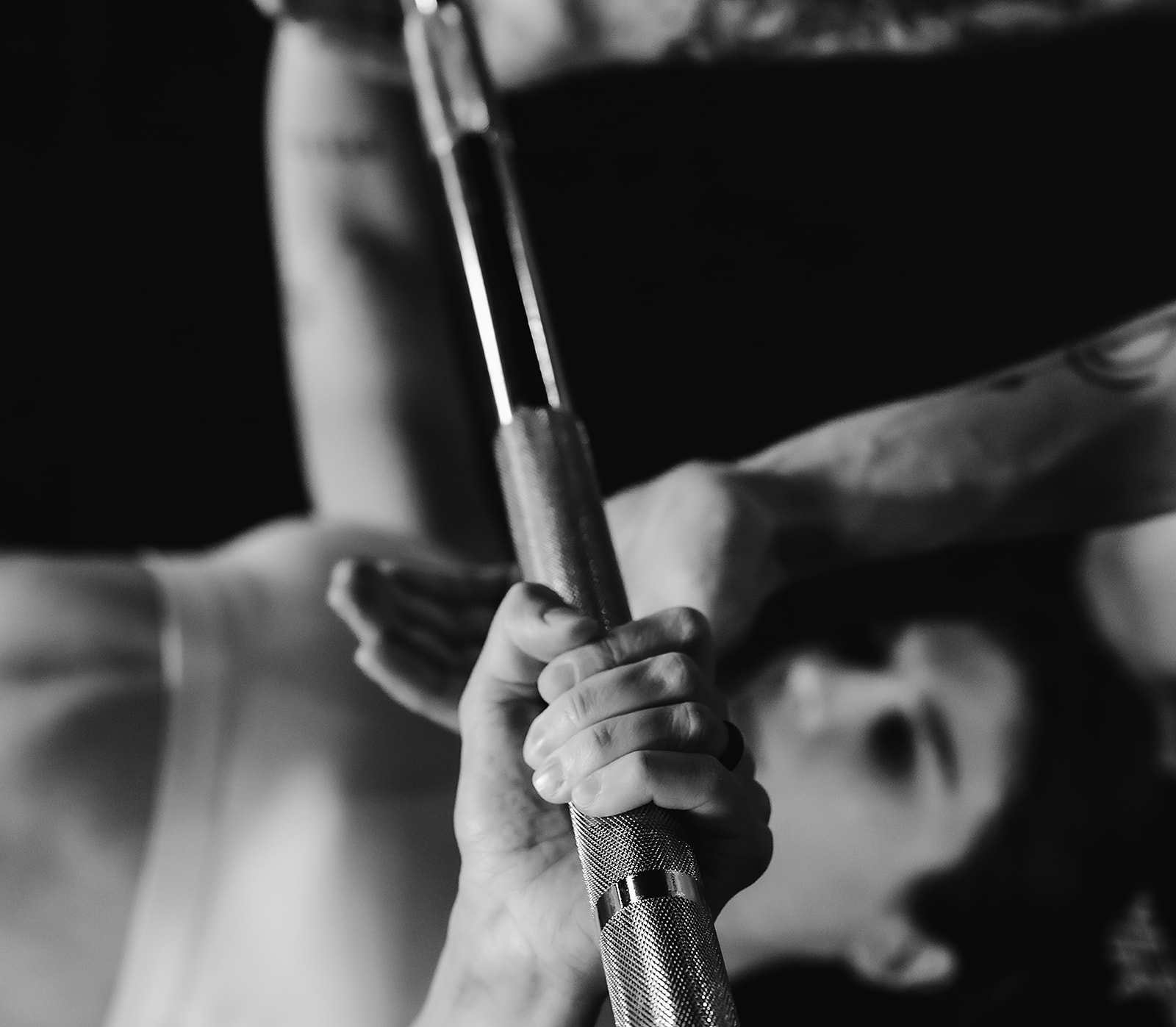At BarPath Fitness, we often hear from clients struggling with recovery, particularly dealing with post-workout soreness. Understanding the fine line between beneficial soreness and overtraining is crucial. If you find yourself sore after every workout, it’s likely you’re pushing too hard with excessive volume and intensity. Proper recovery is essential for maximizing the benefits of your workouts, and without it, you won’t see the gains you’re aiming for.
Foods
You need food and calories to recover. When people are focused on losing weight and looking a certain way, they aren’t eating enough calories to recover. This means that the body will begin to hold onto as much as it possibly can, which means body fat, in order to function in an ongoing deficit. If you are strength training, make sure you are eating enough. Not eating enough can cause your body extra stress and impact various aspects of your health.
Protein
After strength training, muscle fibers undergo small tears. Protein has the necessary amino acids necessary to repair these tears, directly contributing to muscle growth and increased strength.
Carbohydrates
Carbs are fuel. Eating enough carbs replenishes glycogen stores used up during exercises.
Eat A Balanced Diet
Eating a balanced plate, containing mostly whole foods will replenish the nutrients lost during exercise.
Drinks
Stay Hydrated With Water
Lots of water and movement work wonders for sore muscles. We recommend drinking at least half your bodyweight in ounces of water every day.
Electrolytes
Electrolytes are very important and are overlooked. Sodium is an electrolyte that we don’t get enough of everyday, especially if we are sweating a lot and eating a whole food diet. With Enough electrolytes, you will see a huge increase in your energy after workouts. Consider electrolytes if you get headaches or have low energy after workouts.
Supplements
If you’re eating a diet of whole foods and drinking enough water, you shouldn’t need supplements to recover. However, if you’re in a pitch, supplements can be helpful for recovery. We talked about full spectrum hemp products and how they aid in fitness recovery with the founders of NED. You can listen to the interview HERE.
Protein Powder
Protein powder can be useful if you’re having trouble hitting a protein goal on a certain day. Your daily protein goal should be to ingest .6-1 grams of protein per pound per day. To hit your goals, eat whole foods first and use protein powder as an aid when you need it.
Lifestyle
Get More Sleep
The most crucial recovery tip is simple: sleep. You have to have good sleep to hit ANY fitness goal. If you’re not sleeping well, you’re not recovering, which means you aren’t adapting to stimulus. Even with an immaculate diet and programming, if you aren’t sleeping, you aren’t recovering properly and most likely struggling to keep up, and not seeing results. If you aren’t a good sleeper, this should be your number one priority to work on over anything else. When it comes to sleep, quality takes the edge over quantity. You can track your sleep with a fitness tracker to get stats on your sleep.
Massage
Massage is “compassionate touching”, meaning someone’s hands are touching you. A number of studies have found that compassionate touching is good for physical and mental health in a multitude of ways. Studies on recovery have found that massage can help temporarily relieve symptoms of DOMs (delayed onset muscle soreness), and may temporarily improve range of motion or mobility.
Foam Rolling
The best way to use a foam roller is to get blood to an area for light movement after.
Cold Therapy
Cold therapy reduces inflammation with a caveat, cold plunging immediately after a workout can actually impact the inflammation that follows a workout, which is actually beneficial to building muscle. Waiting a few hours after a workout is ideal, however, the overall health benefits of cold plunging outweigh any potential muscle building results lost. Bottom line, if you’re sore, cold therapy will definitely help.
Compression Garments
There are limited studies on compression garments. However, the consensus is that there are short term benefits to increasing mobility and decreasing muscle soreness. A 2020 meta analysis found that compression garments aid increases in arterial blood flow and increase localized skin temperature that may reduce perceptions of muscle soreness and pain following exercise.
Nature
Being out in nature usually means that you’re engaging in light movement, which is crucial for muscle recovery, is great for your mood, lowers anxiety, and inflammation. Getting out in the sun also gives you a daily dose of vitamin D, which supports blood cells, the immune system, and bone and muscle health.
Things To Avoid
Alcohol
Drinking alcohol has no health benefits. It’s a myth that wine is good for you because of the antioxidant benefits. You would need to drink a lot of wine to get any amount of antioxidants that would have a beneficial health impact, which the negative effects would outweigh from drinking so much wine.
Tobacco
Tobacco use impairs the body’s ability to deliver oxygen to muscles and other tissues, which directly impedes recovery.
Overtraining
Avoid overtraining at all costs. Manage your intensity and volume and deload when needed. So many people jump into strength training too hard and too fast, and strain their body. Less is more.
How Long Does Muscle Recovery Take?
Muscle recovery can take anywhere from 42-72 hours, depending on person/genetics and how intense the workout was. Rest at least 2 days before working out the same muscle group.
Final thoughts on Post Workout Tips & Tricks
Sleep, food, and water are key for recovery and are essentially free. If you are not dialed in on these three essentials for recovery, you are going to waste your money and time trying to recover in other ways. Sleep is the single most important recovery resource. If your sleep isn’t dialed in, make sleep your number one priority.
You can checkout our Podcast for more on all the information mentioned in this blog. Our Stronger Than Your Boyfriend Podcast sifts through the toxic information that permeates the fitness industry. We come out with a new episode and a new Q&A every week. Join our Facebook group if you have a question you want answered on the podcast.
Want to learn more about muscle recovery? Listen to Episode 180 of The Stronger Than Your Boyfriend Podcast: Post Workout Recovery



